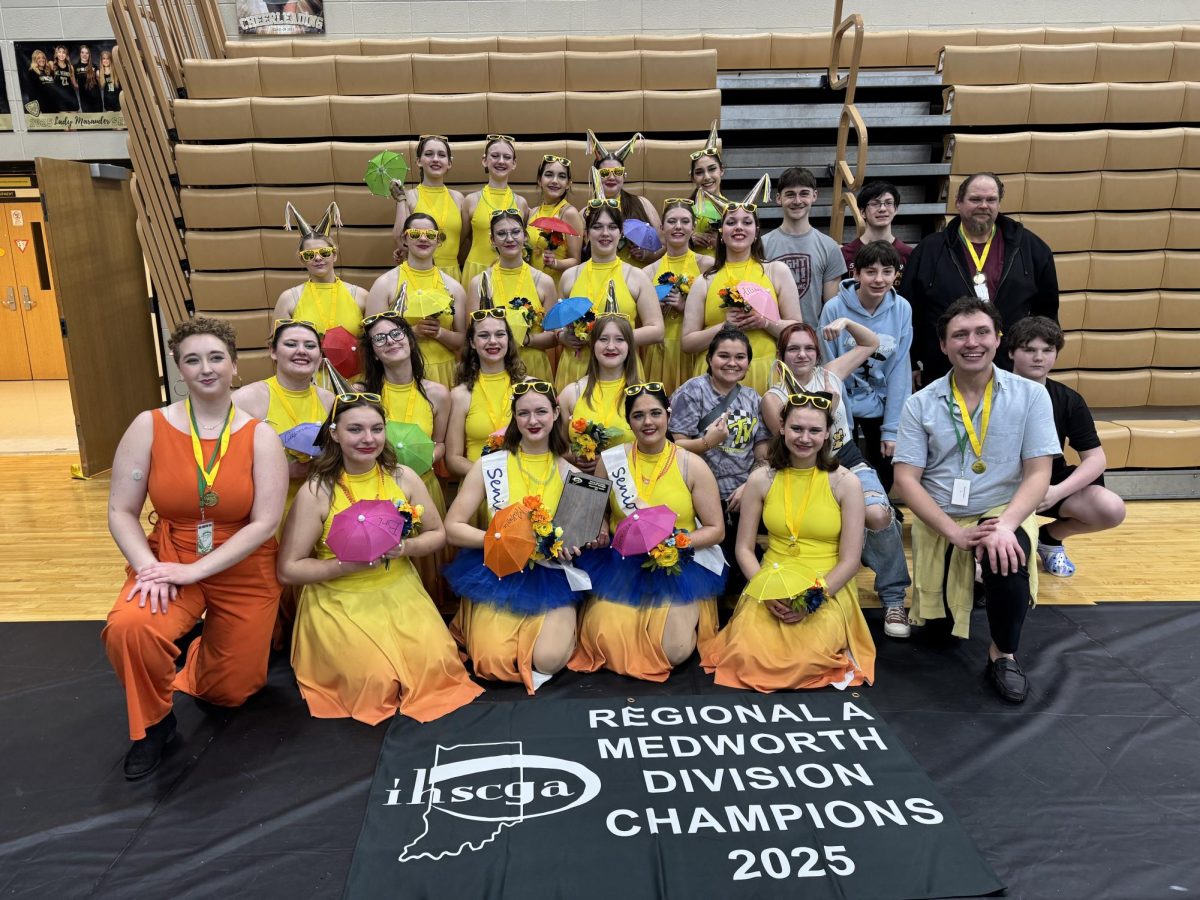Over spring break, five students were accepted into the annual speech contest in Chicago, Illinois. The speech took place at the Japan Information Center and the students who participated were seniors, Mike Schwab, Hailey Jalovecky, Summer Machnik, Nathanael Becker, and Nicole Shinkle. These five students have worked very hard to create their unique speeches and have done a fabulous job.
“I thought the contest went well,” stated CHS senior competitor, Schwab. “It was really interesting to experience.”
The speech contest had three main divisions consisting of elementary school-level, to high school, all the way to college students from ten different schools across the Mid West. While Schwab placed third and Jalovecky placed fourth, Machnik won the Illinois Association of Teachers of Japanese award, Shinkle won the Japan America Society of Chicago award, and finally, Becker won the Japan Information Center Award.
Since January, all students taking Japanese 5, were assigned to write a speech that the students would present in class. While the presentation in class was mandatory, all students sent in an application to apply for the contest in Chicago as well. Crafting the speech took months to complete with a lot of hard work, time, and thought into the topic of each person’s speech.
To start, all students started brainstorming potential topics and ideas for their speeches, with the main theme focusing on Japan and Japanese culture. Then after finding out the topic of the student’s choice, they are tasked with writing out a draft in English. After the English draft is complete, students will then write out the first draft of their speech in Japanese, with the help and guidance of Japanese 5 teacher, Akiko Tsugawa. Once the Japanese draft is checked over and reviewed by Tsugawa, then students are required to transcribe their speeches onto genko yoshi, which is a Japanese composition paper that is just a written form of the student’s speech. This will then be submitted in their applications to the judges and, if accepted, will be used during the contest. Finally, after handwriting it on genko yoshi, students then have to submit an audio recording of their speeches within their application so the judges can not only judge the content of the speech but also determine how well the speech was spoken verbally.
The last and final step is to wait until the five students are selected. In the meantime, all Japanese 5 students are then required to speak their speeches regardless in front of the class and receive their final grade.
When asked about the difference between speaking in front of your classmates to then speaking in front of judges at the contest, Schwab stated,
“With classmates, it can feel more judgemental rather than in front of people; it is just about wanting to do well.”
Congratulations to all of the hard-working students of the Japanese 5 class who were accepted into the speech contest! Every student had a great variety and different range of topics.









